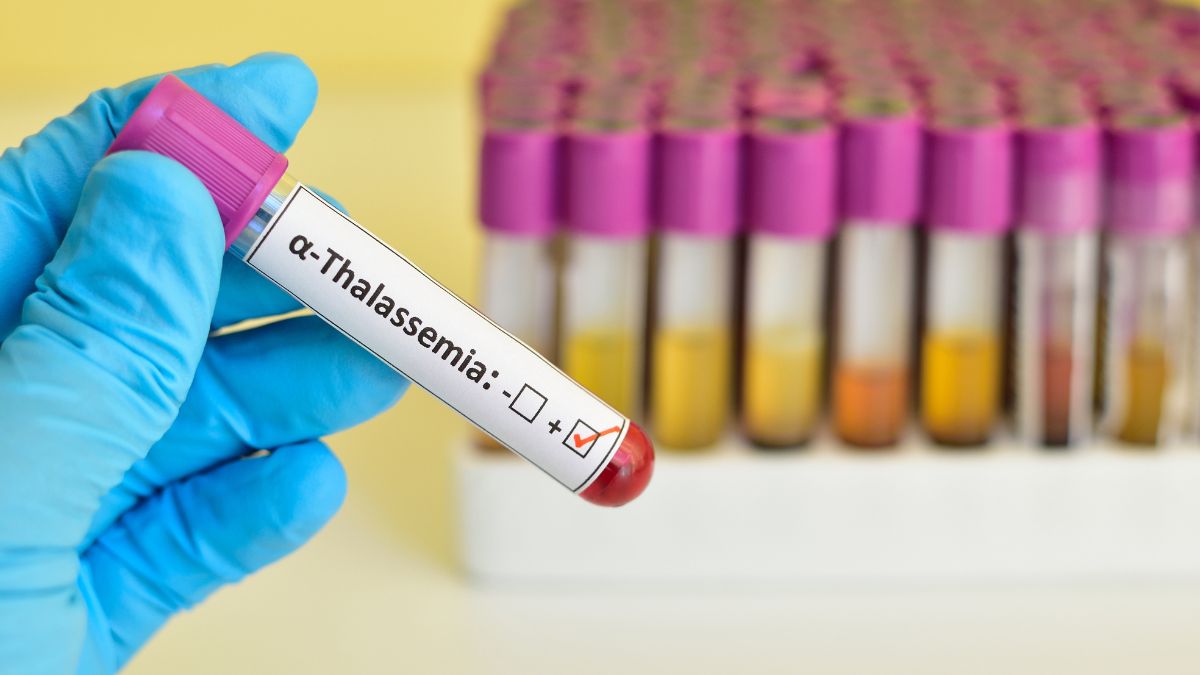When preparing to conceive, the majority of couples prioritise fundamental aspects such as nutrition, lifestyle change, financial readiness, and psychological preparation. A significant and underappreciated aspect of pre-conceptual care that is often ignored is genetic testing, specifically for thalassemia, an inherited disorder of the blood that can have long-term effects.
Planning a Family? Why Thalassemia Screening Should Be on Your Checklist?
Thalassemia impairs the body's ability to make normal haemoglobin, the protein in red blood cells that transports oxygen. Consequently, thalassemia patients usually have chronic anemia, fatigue, and in more severe cases, need lifelong transfusions and medical care. The condition is generally classified primarily as thalassemia major (the major form) and thalassemia minor (the carrier state). Carriers’ thalssemia minor individuals typically don't have symptoms and lead normal lives. They may, however, pass the gene to their children without knowing it.

This is where screening is important. If both partners are carriers, every pregnancy has a 25% chance that the child will inherit thalassemia major. Such children may require regular blood transfusions, iron chelation therapy, and specialised medical treatment throughout their lifetimes. The emotional, physical, and financial burden on families can be overwhelming.
Thankfully, detection is easy. Haemoglobin Electrophoresis or High-Performance Liquid Chromatography (HPLC) can safely identify thalassemia traits. Both tests are non-invasive, cost-effective, and easily accessible in most hospitals and diagnostic laboratories. In case both partners are carriers, a genetic counselor can help them explore in-vitro fertilisation (IVF) with pre-implantation genetic diagnosis (PGD) or early pregnancy prenatal diagnosis and assist them in making pragmatic, forward-thinking choices.
Internationally, there have been some countries that have greatly diminished births due to thalassemia through national screening programs Cyprus, Greece, and Iran are some examples. In India, alarmingly, the rate of carriers remains high, particularly in some consanguineous-marrying communities. However, for many, even there, awareness is low, and thus it isn't until an affected child is born that people learn about their status.

The fact is, thalassemia can be prevented. Although treatment has come a long way, prevention is still the kindest and most economical solution. By adding thalassemia screening to your pre-pregnancy to-do list, you're not only safeguarding your child—you're making a responsible and loving decision for your future family.
As we welcome newer tools and technologies in family planning, genetic consciousness must accompany emotional and physical readiness. A mere blood test today can prevent a lifetime of medical intervention tomorrow.
Don't Miss:Here's A 3-Minute Dry Brushing Routine That Can Make You Feel Like A Glowing Heiress
This article is authored by DrYogesh Shah, Consultant, Internal Medicine, Kokilaben Dhirubhai Ambani Hospital, Indore.
If you liked this story, then please share it. To read more such stories, stay connected to HerZindagi.
Image Credits: Canva

Take charge of your wellness journey—download the HerZindagi app for daily updates on fitness, beauty, and a healthy lifestyle!
Comments
All Comments (0)
Join the conversation